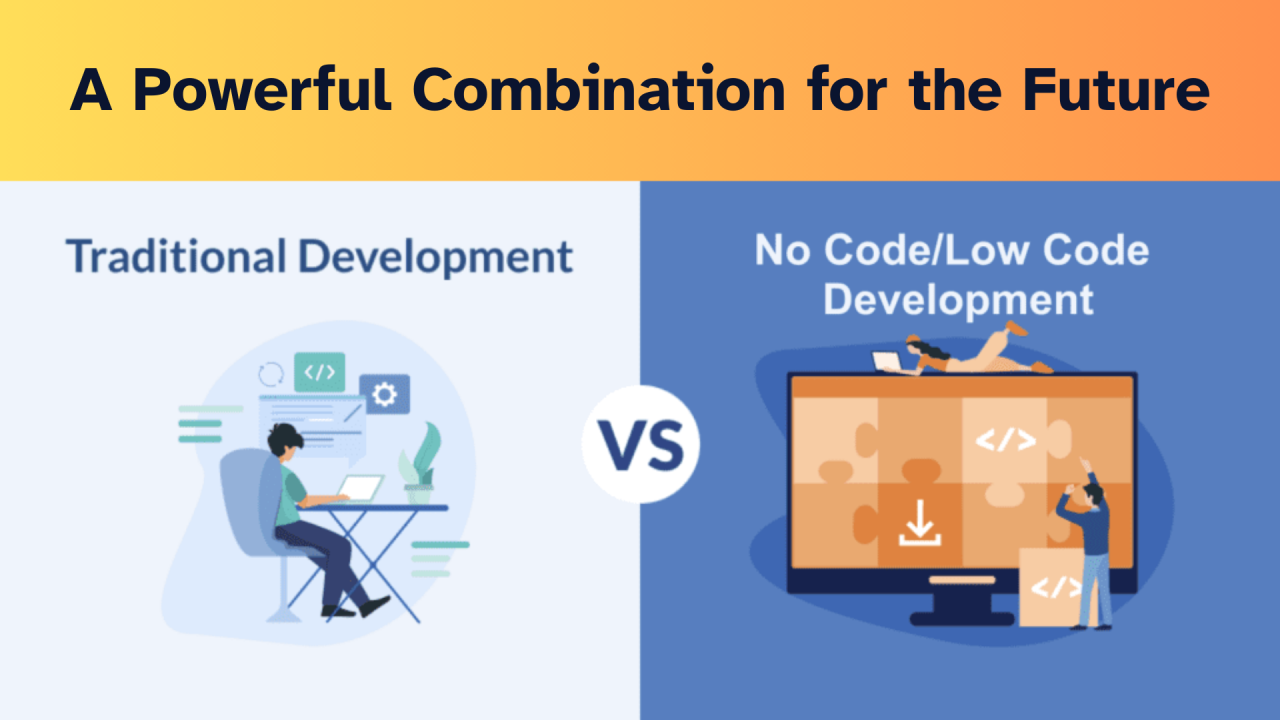The Rise of Low-Code/No-Code: Impact on Traditional Development
Analyzing how low-code and no-code platforms are changing the development landscape and what it means for professional developers.

The Low-Code/No-Code Revolution
Low-code and no-code platforms are democratizing software development, enabling non-technical users to build applications. But what does this mean for traditional developers?
Understanding the Landscape
Low-Code Platforms
Require minimal coding and are often used by developers to accelerate development processes.
No-Code Platforms
Enable users to create applications without writing any code, using visual interfaces and drag-and-drop functionality.
Benefits and Advantages
- Faster time-to-market for simple applications
- Reduced development costs
- Empowerment of business users
- Reduced IT backlog
- Rapid prototyping capabilities
Limitations and Challenges
Scalability Concerns
Many low-code/no-code solutions struggle with complex, enterprise-scale applications.
Customization Limitations
Limited ability to implement highly specific or complex business logic.
Vendor Lock-in
Applications built on proprietary platforms may be difficult to migrate.
Impact on Professional Developers
Shifting Roles
Developers are moving toward more strategic roles, focusing on architecture, integration, and complex problem-solving.
New Opportunities
Opportunities in platform development, custom component creation, and integration services.
The Future Landscape
Low-code/no-code platforms will continue to evolve, handling more complex scenarios while traditional development remains essential for sophisticated applications.
Recommendations for Developers
- Learn to work with low-code/no-code platforms
- Focus on skills that complement these tools
- Develop expertise in integration and API development
- Stay current with emerging technologies
Conclusion
Rather than replacing traditional development, low-code/no-code platforms are expanding the development ecosystem. Professional developers who adapt and evolve will find new opportunities in this changing landscape.